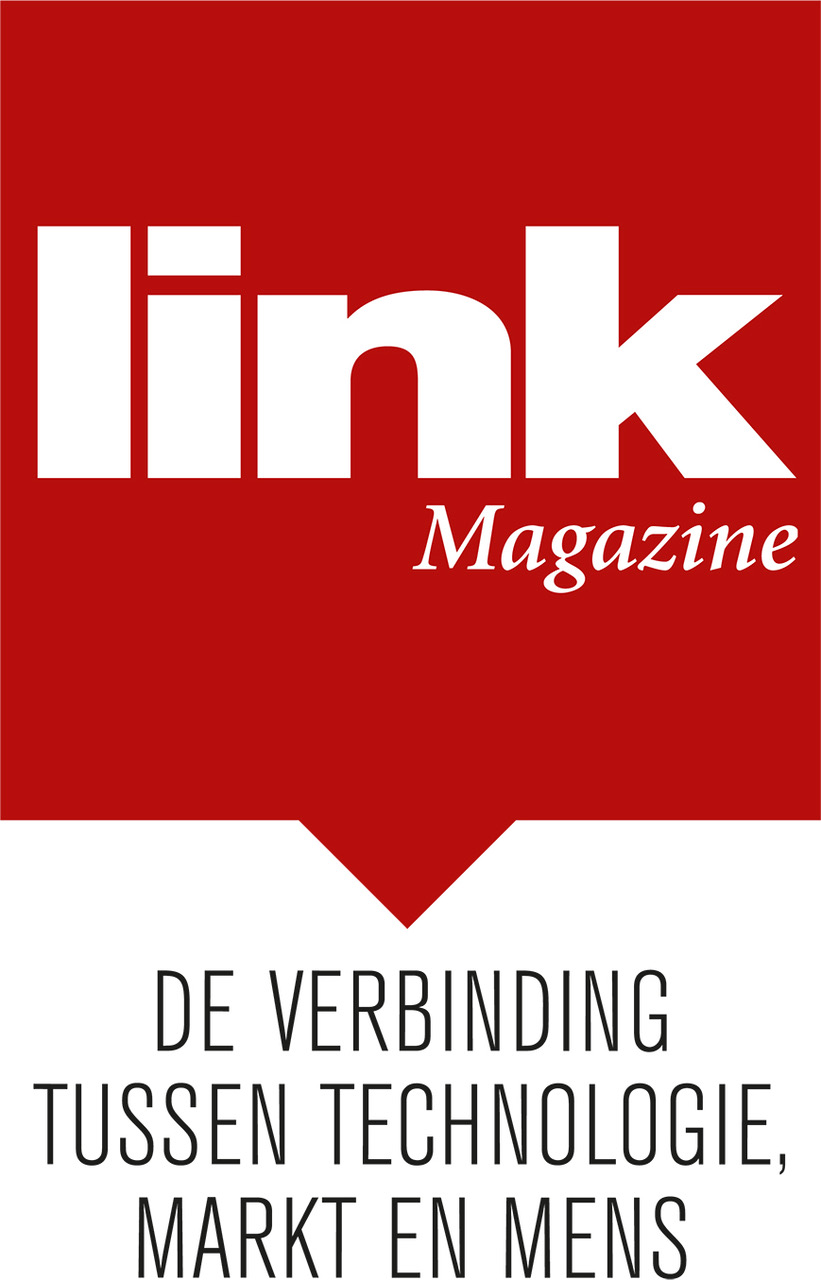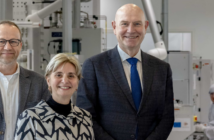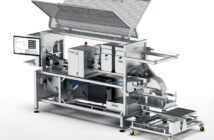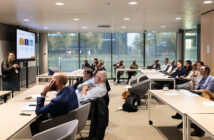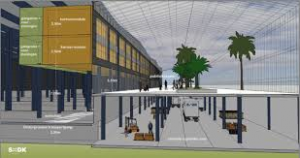 The Brainport Industries Campus is to become the new location for the high-tech manufacturing industry in the Brainport Eindhoven region. The concept is currently being worked out in detail and the first spade will go into the ground next year. Edward Voncken of KMWE (550 employees, with locations and partnerships in the Netherlands, Malaysia, India and Turkey and sales representatives for the UK, Ireland, Germany, Austria and Switzerland) is champing at the bit. KMWE specialises in ‘high-mix, low-volume, high-complexity’ machining and mechatronic assembly for the semiconductors, medical & diagnostic, defence & aerospace and industrial automation markets. The company, which has outgrown its current headquarters, wants to be the first to relocate to this industrial estate of the future.
The Brainport Industries Campus is to become the new location for the high-tech manufacturing industry in the Brainport Eindhoven region. The concept is currently being worked out in detail and the first spade will go into the ground next year. Edward Voncken of KMWE (550 employees, with locations and partnerships in the Netherlands, Malaysia, India and Turkey and sales representatives for the UK, Ireland, Germany, Austria and Switzerland) is champing at the bit. KMWE specialises in ‘high-mix, low-volume, high-complexity’ machining and mechatronic assembly for the semiconductors, medical & diagnostic, defence & aerospace and industrial automation markets. The company, which has outgrown its current headquarters, wants to be the first to relocate to this industrial estate of the future.
Voncken cites three aspects that will set Brainport Industries Campus apart. The first is sustainability. All the buildings and infrastructure will be built in the most sustainable way possible and designed according to the principles of the circular economy. Secondly, the campus has been conceived so as to facilitate new types of partnerships and business models. ‘We want to encourage companies to work together on the things they can share. For example, you can centralise processes which are harmful to the environment, so that they can be executed as efficiently as possible with minimum environmental impact. The principles of lean manufacturing, eliminating all waste, should not only be applied within a company but also between the different firms. Moreover, we need to design buildings flexibly, because markets and needs change. We can build them up with Lego bricks, as it were. One brick can be an office unit, an area of work floor or a clean room, for example; you can add or remove bricks as required.’ Finally, continually responding to new trends requires that the labour market and education are closely involved in the campus. ‘Needs change, so we need to make sure there are enough technically trained people with up-to-date skills at all levels – university, higher vocational and intermediate vocational.’
In the factory of the future, people will work normal day shifts where possible – social sustainability counts too – and automation and robotisation will enable 24/7 production.  Automation is also crucial at the interfaces, between the factories, because logistics also need to continue 24/7, without human operators. Of course there will be room on the campus for the new manufacturing techniques. For example, KMWE is already putting a lot of energy into 3D printing, but it is not yet ready to try other techniques, such as production with composites. The aim is for the campus to attract specialists in the various manufacturing processes and production systems, all at state-of-the-art level.
Automation is also crucial at the interfaces, between the factories, because logistics also need to continue 24/7, without human operators. Of course there will be room on the campus for the new manufacturing techniques. For example, KMWE is already putting a lot of energy into 3D printing, but it is not yet ready to try other techniques, such as production with composites. The aim is for the campus to attract specialists in the various manufacturing processes and production systems, all at state-of-the-art level.
Alongside efficiency and flexibility, the need for people to connect has been leading in the design of the campus.. There will be a central, connecting atrium offering access to functions such as training, capturing the imagination (the Eindhoven ‘Discovery Factory’ could move there to let young people experience the world of technology) and research (with shared facilities such as the AddLab for additive manufacturing/3D printing). The aim is for this atrium to become the training and research centre and the ‘showroom’ for the industry of the future, says Edward Voncken, CEO of KMWE and a driving force behind the Brainport Industries Campus.
Read also the other Articels in Link magazine, South Netherlands special 2016
